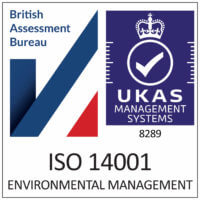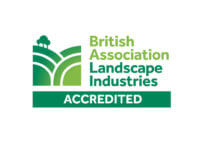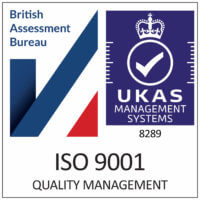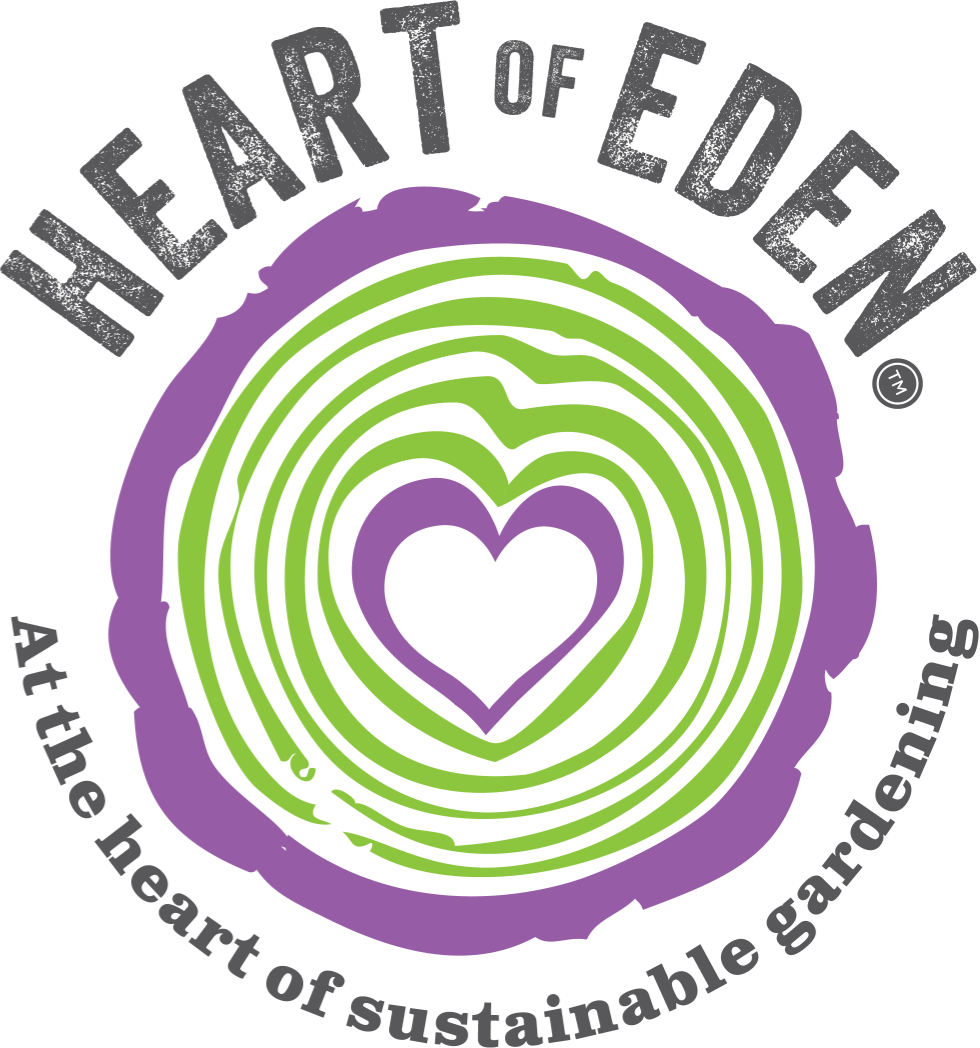Is peat-free compost suitable for all types of plants?
Oct 5th 2023
Imagine a world where you can garden sustainably, without harming our precious peatlands. As we strive towards a greener future, the question arises: is peat-free compost truly suitable for all types of plants? This article aims to shed light on this topic, exploring the benefits and limitations of peat-free all-purpose compost, and ultimately helping you make informed choices for your beloved plants. From the blooming flowers in your outdoor garden to the thriving herbs on your kitchen windowsill, let’s uncover the secrets behind nurturing a vibrant and eco-friendly plant paradise.
Importance of peat-free compost
Benefits of using peat-free compost
Using peat-free compost offers numerous benefits for both gardeners and the environment. One of the main advantages is the reduction in carbon emissions. Peat-based compost is typically harvested from peat bogs, which are important carbon sinks. By choosing peat-free alternatives, you can help preserve these vital ecosystems and mitigate the release of greenhouse gases.
Peat-free composts also tend to have improved moisture retention capabilities, allowing for better water management in the garden. They can help prevent both over- and under-watering, reducing the risk of plant stress and promoting healthier growth.
Environmental impact of peat-based compost
The environmental impact of using peat-based compost is significant. Peat bogs, which are the primary source of peat, take thousands of years to form. Harvesting peat disrupts these delicate ecosystems, damaging the unique flora and fauna that rely on them. Additionally, peat extraction causes the release of carbon dioxide into the atmosphere, exacerbating climate change.
Furthermore, the drainage of peat bogs for peat extraction lowers the water table, leading to the destruction of wetland habitats and increased flood risk in surrounding areas. This not only affects biodiversity but also poses a threat to local communities.
Growing demand for peat-free alternatives
As awareness of the environmental impact of peat-based compost grows, there has been a significant increase in the demand for peat-free alternatives. Gardeners are now more conscious of their choices and are actively seeking out sustainable options for their gardening needs.
Understanding peat-free compost
Definition of peat-free compost
Peat-free compost refers to any type of compost that does not contain peat as an ingredient. Instead, it is made from various organic materials and sustainable alternatives to peat, providing a viable alternative for the cultivation and nourishment of plants.
Factors to consider
Plant type and requirements
When choosing a peat-free compost, it is essential to consider the specific needs of the plants you intend to grow. Different plants have varying preferences for soil composition, acidity levels, and moisture retention. Researching the requirements of your chosen plants will help you identify the most suitable peat-free compost for their optimal growth.
Soil conditions
The existing soil conditions in your garden or planting area should also influence your choice of peat-free compost. If you have heavy clay soil, for example, you may opt for a peat-free compost that improves drainage and promotes aeration. On the other hand, sandy soil may benefit from a compost that improves moisture retention.
Understanding your soil type and its needs will allow you to select a peat-free compost that complements and improves the existing conditions.
Acidity/alkalinity levels
The pH level of the soil is another crucial factor to consider when choosing a peat-free compost. Some plants thrive in acidic conditions, while others prefer more alkaline environments. Peat-free composts are available in different pH ranges, making it possible to select a blend that matches the pH requirements of your preferred plants.
Drainage and moisture retention
The ability of a peat-free compost to retain moisture and promote proper drainage is essential for plant health. Overly wet or waterlogged soil can cause root rot and other detrimental conditions, while excessively dry soil can lead to dehydration and plant stress.
Consider the moisture retention and drainage capabilities of different peat-free composts to ensure that your plants receive the appropriate levels of water and do not suffer from water-related issues.
Nutrient content and balance
Plants require certain nutrients to grow and thrive. A high-quality peat-free compost will provide a balanced combination of essential nutrients, such as nitrogen, phosphorus, and potassium. Before selecting a peat-free compost, check its nutrient content and make sure it matches the specific needs of your plants.
Suitability for different plant types
Flowering plants
Peat-free composts are generally suitable for a wide variety of flowering plants, including annuals, perennials, and bulbs. Most flowering plants benefit from compost that offers balanced moisture retention and drainage properties. However, it is crucial to consider the specific requirements of the flowering plants you wish to grow and choose a peat-free compost that meets those needs.
Fruit and vegetable plants
Fruit and vegetable plants have distinct nutrient requirements to produce healthy and abundant harvests.
Indoor houseplants
Peat-free composts can be an excellent choice for indoor houseplants, as they provide a suitable growing medium that supports healthy root development. Look for peat-free composts formulated for indoor plants or those that promote good drainage and aeration for potted plants. Indoor houseplants can benefit from the improved moisture retention capabilities of peat-free composts.
Herbs and aromatic plants
Herbs and aromatic plants thrive in well-drained soil and often prefer slightly alkaline conditions. Peat-free composts with good drainage properties and neutral to slightly alkaline pH can be ideal for these plants. Consider the specific needs of the herbs and aromatic plants you wish to grow and select a peat-free compost that complements their preferences.
Native and wildflowers
Native and wildflowers often prefer soil conditions similar to their natural habitats. Peat-free composts that mimic the composition of native soils can be beneficial for these plants.
Effects on different soil types
Sandy soil
Sandy soil is well-draining but tends to have poor water and nutrient retention capabilities. Peat-free composts that improve moisture retention can be beneficial for sandy soil, as they help to retain water around plant roots for longer periods. Additionally, peat-free composts can help introduce organic matter and nutrients to sandy soil, improving its fertility and structure over time.
Clay soil
Clay soil is dense and heavy, with poor drainage. Peat-free composts designed for clay soil can help improve aeration and drainage, preventing waterlogging and allowing plant roots to access oxygen more easily. These composts also add organic matter to clay soil, enhancing its structure and promoting nutrient availability for plants.
Loamy soil
Loamy soil is considered ideal for gardening, as it has a balanced composition of sand, silt, and clay. Peat-free composts can still be beneficial for loamy soil by enriching it with organic matter, improving nutrient availability, and promoting overall soil health.
Chalky soil
Chalky soil is alkaline and often lacking in nutrients. Peat-free composts that are tailored for alkaline soils can be advantageous in providing the necessary nutrients and improving soil structure. These composts also contribute organic matter to chalky soil, enhancing its fertility and supporting plant growth.
Peaty soil
Peaty soil is naturally rich in organic matter but can be acidic and waterlogged. Peat-free composts can be used to improve drainage and introduce a wider range of nutrients to peaty soil. By incorporating peat-free compost into peaty soil, you can enhance its structure, adjust its pH levels, and reduce the risk of waterlogging, leading to healthier plant growth.
Special considerations
Sensitive plants and rare species
Certain sensitive plants and rare species have specific requirements that may not be fully met by general peat-free composts. In these cases, it is advisable to seek out specialist composts, tailored to the unique needs of such plants. Specialist composts may offer specific pH ranges, unique nutrient ratios, or other characteristics that cater to the specific requirements of sensitive or rare plant species.
Established plants and garden beds
Established plants and perennial garden beds may have developed their own soil ecosystem and nutrient balances over time. Adding peat-free composts to established plantings can help maintain the health of the soil and ensure an ongoing supply of organic matter and nutrients. However, it is crucial not to disturb the existing root systems too much when incorporating compost, as this can shock or damage the plants.
Container gardening and potted plants
Peat-free composts are widely used in container gardening and for potted plants. Their improved moisture retention and drainage properties make them ideal for maintaining optimal soil conditions in confined spaces. When using peat-free composts for containers, ensure proper drainage by adding ample drainage materials at the bottom of the pot or container.
Organic and natural gardening practices
Peat-free composts are a natural choice for those practicing organic and natural gardening methods. By using peat-free composts derived from sustainable and renewable sources, organic gardeners can align their practices with their environmental values. Peat-free composts also contribute to the health of the soil ecosystem, promoting biodiversity and allowing for natural nutrient cycling.
Optimizing results with peat-free compost
Proper application and preparation
Proper application and preparation are key to optimizing results with peat-free compost. Before planting, ensure that the peat-free compost is well-mixed and evenly distributed in the planting area, so that the plants receive a consistent nutrient supply. It is also beneficial to prepare the soil by removing any weeds or large debris and incorporating the peat-free compost to a suitable depth.
Complementary soil amendments
To further enhance the performance of peat-free compost, consider incorporating complementary soil amendments such as composted manure, bone meal, or garden lime. These additions can help address specific nutritional deficiencies, adjust pH levels, and provide additional organic matter for soil improvement.
Regular monitoring and adjustments
Regular monitoring of the health and growth of your plants is crucial when using peat-free compost. Observe for any signs of nutrient deficiencies, moisture imbalances, or pest activity. Adjustments such as additional feeding, adjusting watering schedules, or implementing pest control measures may be necessary to ensure optimal plant development.
Rotating plant varieties
To maintain soil health and prevent the depletion of specific nutrients, consider rotating plant varieties in different areas of your garden. This practice helps prevent the buildup of pests and diseases and allows the soil to naturally replenish essential nutrients. By incorporating peat-free compost during soil preparation for different plants, you contribute to the long-term health and fertility of your garden.
Case studies and success stories
Experiences from professional gardeners
Professional gardeners have reported numerous success stories with peat-free composts. Many have found that plants grown in peat-free alternatives are just as healthy and productive as those grown in traditional peat-based composts. Some professional gardeners have even noted improved plant performance and reduced disease incidence when using peat-free options.
Testimonials from home gardeners
Home gardeners around the world have shared their positive experiences with peat-free composts. These testimonials highlight the successful cultivation of a wide variety of plants, including flowers, fruits, vegetables, and herbs, using peat-free alternatives. Gardeners often commend the eco-friendly aspect of peat-free gardening and the satisfaction of making responsible choices for the environment.
Research studies and trials
Research studies and trials have also reinforced the benefits and suitability of peat-free composts. Many trials have compared the growth and performance of plants in peat-free and peat-based composts, and the results have consistently shown comparable or even superior plant development in peat-free options. These studies demonstrate that peat-free composts can be a viable and effective alternative for a wide range of plants and gardening practices.






